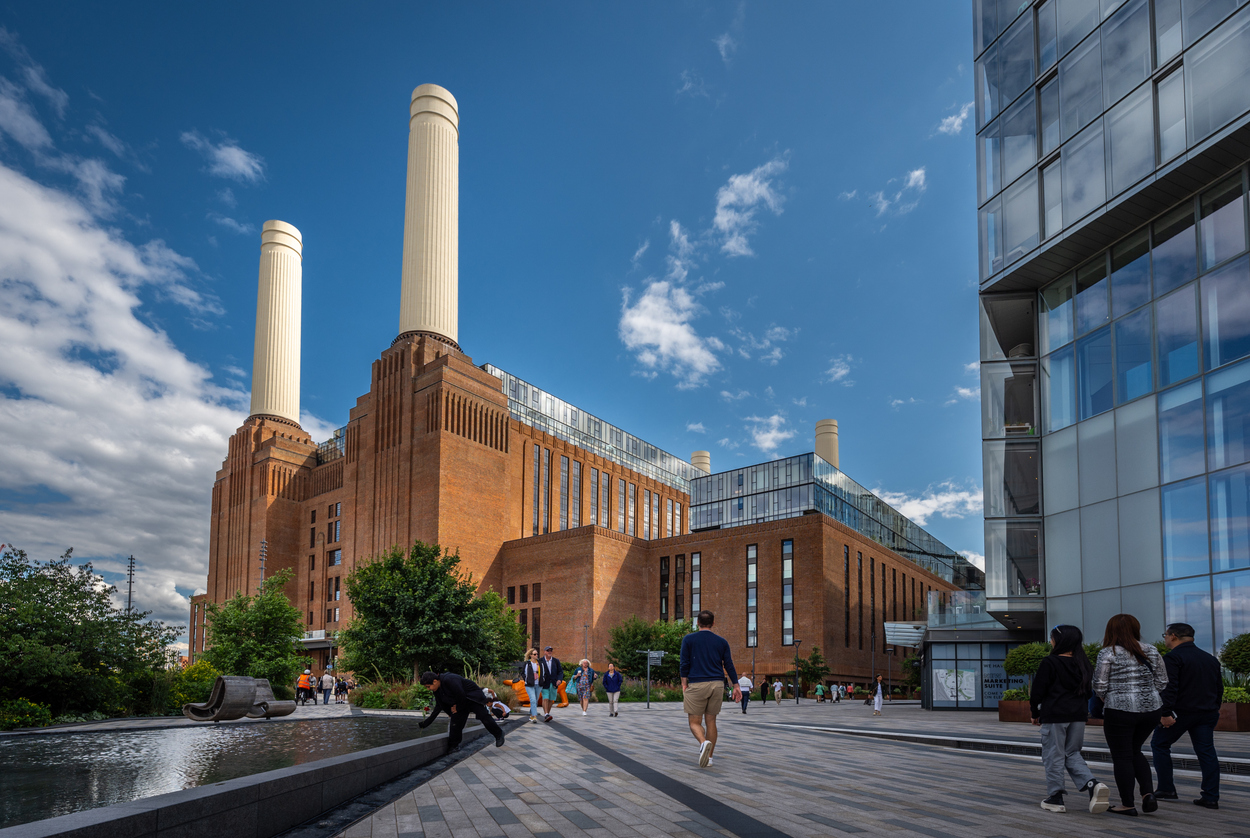



Renting out a property in London can be a rewarding way to generate income, but it also comes with important legal obligations. As a landlord, whether you're letting out a single property or managing a portfolio, you need to comply with specific regulations to ensure your property is safe and your tenants are protected. Failure to meet these requirements could result in fines or legal action, so it’s essential to understand your responsibilities.
This article outlines the key legal requirements you need to meet when renting out a property in London.
In London, landlords are generally not required to register with a central landlord registry, but certain London boroughs may require landlords to obtain a Selective License under their local council’s selective licensing scheme. This is particularly relevant in areas where the local authority has introduced schemes to tackle issues like anti-social behaviour or poor housing conditions.
For example, some boroughs like Newham, Barking and Dagenham, and Waltham Forest have implemented such schemes. If your property falls within these areas, check with the local council to see if you need a license to rent out your property. Failure to obtain the necessary license can result in hefty fines.
One of the most critical legal requirements for landlords is ensuring the safety of gas appliances in the rental property. You must:
Failure to comply with gas safety regulations can result in serious legal consequences, including fines or imprisonment in cases of negligence.
Landlords are also required to ensure that the electrical systems and appliances in their property are safe. Key obligations include:
If you provide electrical appliances as part of the rental, such as a refrigerator or washing machine, they must also be Portable Appliance Tested (PAT) to ensure safety, though PAT testing is not legally mandatory. However, doing so is considered good practice.
Every property rented out in London must have a valid Energy Performance Certificate (EPC). This certificate gives the property an energy efficiency rating, from A (most efficient) to G (least efficient), and must be renewed every 10 years.
Since April 2020, it is illegal to rent out properties with an EPC rating below E, unless the property has a registered exemption. To remain compliant, landlords must ensure that their property meets this standard or improve the energy efficiency of the building.
A written tenancy agreement is essential for clearly outlining the terms and conditions of the rental. Most residential tenancies in London use an Assured Shorthold Tenancy (AST), which provides both landlords and tenants with a clear legal framework.
The tenancy agreement should include:
Providing a tenancy agreement protects both parties in case of disputes and helps ensure transparency.
If you collect a security deposit from your tenant, you are legally required to place it in a government-approved Tenancy Deposit Protection (TDP) scheme within 30 days of receiving it. There are three main schemes in England:
You must also provide the tenant with written information about where their deposit is being held. If you fail to protect the deposit or meet the requirements of the scheme, tenants can take legal action to reclaim up to three times the deposit amount, and you may lose the right to evict the tenant using a Section 21 notice.
Landlords in London are legally required to verify that all tenants have the Right to Rent in the UK. This involves checking that the tenant has the legal right to live in the country, which is done by:
Failing to conduct Right to Rent checks can result in fines or criminal charges.
Fire safety is another critical area for landlords, especially in London’s densely populated areas. As a landlord, you are required to:
If the property is classified as a House in Multiple Occupation (HMO), additional fire safety regulations may apply, such as installing fire doors and providing fire extinguishers. HMOs also require a specific HMO license from the local council.
While landlord insurance isn’t a legal requirement, it’s highly recommended. Standard home insurance policies usually don’t cover rental activities, so a specific landlord insurance policy is necessary to protect you against risks such as:
Many mortgage lenders also require landlords to have appropriate insurance in place before they grant a buy-to-let mortgage.
If you're renting out a property in London, any income you earn must be declared to HM Revenue & Customs (HMRC), as rental income is taxable. You will need to file a Self-Assessment tax return each year, declaring your rental income and any allowable expenses, such as mortgage interest or property maintenance costs.
Failing to declare rental income can result in fines and penalties, so it's important to stay on top of your tax obligations.
At Fraser Bond, we understand the complexities of becoming a landlord in London. Our team of experienced property professionals can help you navigate all the legal requirements, from obtaining the necessary licenses to ensuring your property meets safety standards. We can also assist with tenant screening, property management, and maximizing your rental income.
Whether you're a first-time landlord or managing multiple properties, Fraser Bond is here to offer expert guidance and support, ensuring your property is compliant and your rental experience is successful.